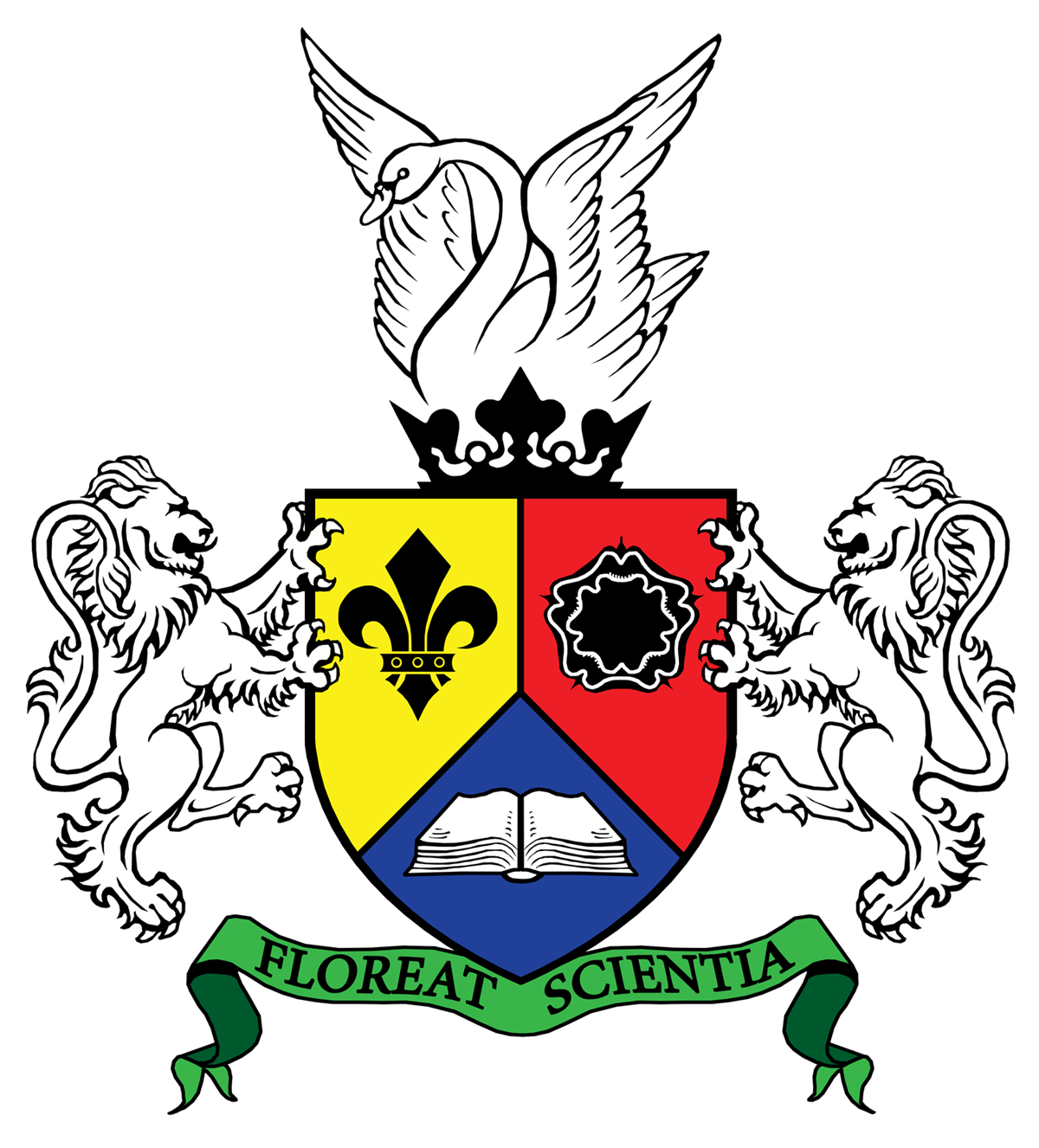Reading and Literacy Programme
At Fakenham Academy, we believe that creating a culture of reading is vital in ensuring our students have the ability to achieve their potential in school and beyond.
We aim to foster a love of reading which will stay with our students into their adult life; cultivating readers with a passion for a wide range of materials will ensure that children’s love of reading will extend beyond the classroom.
A culture of reading is also crucial to the academic progression of our students. Our students’ success in terminal examinations is reliant on their ability to read with confidence. Most GCSE specifications are expecting more independent reading from students; their own research and revision rely heavily on their ability to read and interpret texts; their exam responses require an ability to read and understand that the examiner requires; their own responses need to be carefully checked. We focus on reading in KS3, ensuring students have the foundations needed for their GCSE studies
We have a 20 minute reading session twice a week where students actively follow teachers as they demonstrate the “Magnificent 7” reading strategies we have developed. Students are provided with a wide range of reading materials with the aim of both helping them improve their reading and increasing their wider knowledge and, what is sometimes referred to as “cultural capital”.
Fakenham Academy Literacy Protocol
The 7 key reading strategies at Fakenham Academy
Fakenham Academy readers are STRATEGIC readers who actively use the following “Fakenham Academy Magnificent Seven” evidence-based approaches to support their understanding:
-
They read to fluency, imitating the modelled reading of their teachers who: read to punctuation, with expression, at an appropriate pace and self-correct as needed.
-
They reread parts of a text to ensure their understanding.
-
They consider their own prior knowledge of a topic before they read a text.
-
They question what they read before, during and after to clarify their understanding.
-
They know how to skim and scan to retrieve key information.
-
They navigate a non-fiction text knowing the purpose of conventions e.g. italics
-
They consider vocabulary using context, synonyms, morphology to support their understanding.
All Fakenham Academy teachers take every opportunity to explicitly model using these strategies, demonstrating their own thinking aloud (meta-cognition of learning).
Standard reading 20 minute session format
-
Look at title and images – consider prior knowledge (strand 3)
-
Question – what might this be about, who is writing it? Why? Do they have an agenda?
-
Teacher models reading – at least 75 % of the text, modelling the Magnificent 7 strategies as appropriate.
-
Students will actively engage with the reading sitting up straight following either with a finger or their reading ruler and generating their own questions. As they model the reading, teachers will monitor their students’ engagement in and tracking of the text.
-
Once the teacher has read, students may complete a short number of questions about the work varying from simple fact-finding using skimming and scanning to more nuanced questions that explore the implications of the text.
-
After students have been given time to answer the questions the teacher must lead them in correcting them using a green pen. Teachers must use this opportunity to discuss the skills used to find the answers (meta-cognition)
Support for students who find reading most challenging
Reading underpins everything we do so it is important that we do everything we can to remove the barrier to learning that reading difficulties might pose. Teachers and classroom assistants will support students during lessons. At Fakenham academy we have two programmes designed to develop reading for those who find it hardest.
1 - The Reading Plus Programme - We assess all students in Y7-10 and identify around 20% who find reading most challenging. The assessment gives us a clear picture of the students’ skills and abilities in:
-
Silent reading fluency
-
Comprehension
-
Vocabulary
-
Motivation for reading
The students then attend a 20-minute reading session 2-3 times per week where the programme focusses on the areas of reading they find most challenging. The programme is highly individualised, so students receive the support they need. It is continuously assessed and adapts to the students’ levels as they progress. We review students progress and when students have improved we remove them from the programme.
2. The Dyslexia Gold Programme - A small number of students who find reading particularly challenging are regularly removed from form time for intensive support by the SEND department. This is primarily using Dyslexia Gold (which is not just for students with Dyslexia)

